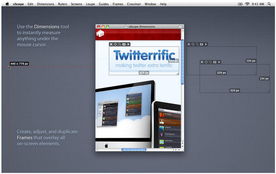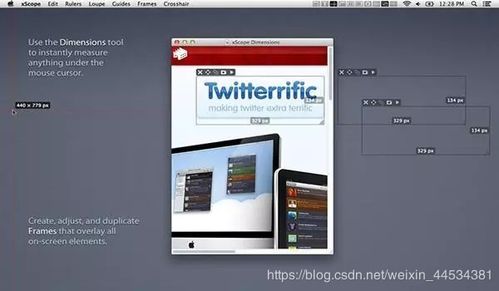Scope for AR: A Comprehensive Overview
Augmented Reality (AR) has emerged as a transformative technology, reshaping various industries and enhancing user experiences. By overlaying digital information onto the real world, AR offers a unique blend of virtual and physical interactions. This article delves into the diverse applications and potential of AR, providing you with a detailed understanding of its scope.
1. Healthcare

In the healthcare sector, AR has the potential to revolutionize patient care and medical training. Surgeons can use AR to visualize complex medical conditions and perform surgeries with greater precision. Additionally, AR can assist in medical education, allowing students to simulate surgeries and understand intricate anatomical structures.
| Application | Benefits |
|---|---|
| Surgeon Training | Enhances understanding of complex procedures |
| Remote Consultation | Enables experts to provide guidance in real-time |
| Medical Education | Simulates surgeries and anatomical structures |
2. Retail

AR has the potential to transform the retail industry by providing customers with an immersive shopping experience. With AR, customers can visualize products in their own space, try on clothes virtually, and even see how furniture would look in their living room. This not only enhances customer satisfaction but also drives sales.
One of the notable examples is IKEA Place, an AR app that allows users to visualize furniture in their own space. This app has been a huge success for IKEA, leading to increased customer engagement and sales.
3. Education

AR has the potential to revolutionize education by providing interactive and immersive learning experiences. Students can explore historical events, understand complex concepts, and even conduct virtual experiments. This not only makes learning more engaging but also helps in retaining information better.
AR apps like Google Earth AR and ARKit have made it possible for students to explore the world in a whole new way. They can visualize geographical landmarks, understand historical events, and even simulate scientific experiments.
4. Real Estate
AR has the potential to transform the real estate industry by providing virtual property tours. Potential buyers can explore properties from the comfort of their homes, saving time and effort. This not only increases customer satisfaction but also helps in reducing the number of physical visits to properties.
AR apps like Matterport and RealView have gained popularity in the real estate industry. These apps allow users to take virtual tours of properties, providing a comprehensive view of the property’s layout and features.
5. Automotive
AR has the potential to revolutionize the automotive industry by providing virtual showrooms and interactive maintenance guides. Customers can explore vehicles in detail, understand their features, and even customize them to their preferences. This not only enhances customer satisfaction but also helps in reducing the time spent in physical showrooms.
One of the notable examples is the Ford AR App, which allows customers to explore Ford vehicles in detail, including their features and specifications. This app has been a huge success for Ford, leading to increased customer engagement and sales.
6. Entertainment
AR has the potential to transform the entertainment industry by providing immersive gaming experiences. With AR, gamers can interact with virtual characters and environments in real-time, creating a more engaging and realistic experience.
One of the notable examples is the Pok茅mon GO game, which has gained immense popularity worldwide. This game allows players to catch Pok茅mon in the real world, creating a unique blend of virtual and physical experiences.
In conclusion, the scope for AR is vast and diverse. From healthcare to entertainment, AR has the potential to transform various industries and enhance user experiences. As technology continues to evolve, we can expect to see even more innovative applications of AR in the future.
